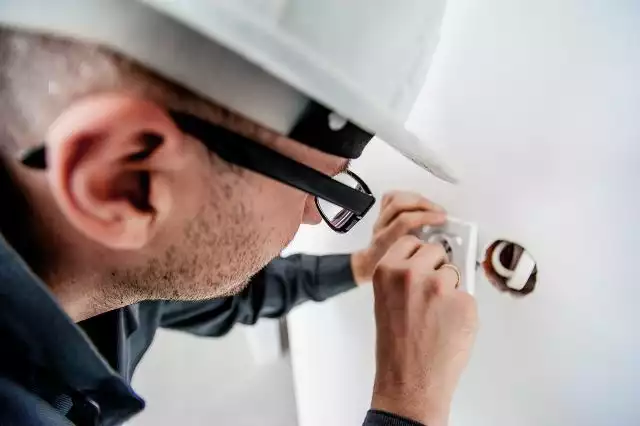
Moreover, the study discloses that Tregs can straight engage with various other immune cells, such as macrophages, to regulate their activity. This communication is essential for changing the injury atmosphere from a pro-inflammatory state to one that is a lot more conducive to tissue repair. The research also analyzes the molecular devices by which Tregs affect the habits of osteoblasts, identifying a signaling pathway that is turned on by Treg-derived cytokines and leads to increased bone matrix manufacturing.
Finally, the research gives engaging evidence for the reparative role of Tregs in crack healing. By improving our understanding of the crosstalk between the immune system and bone regeneration, the research opens up new opportunities for the advancement of targeted therapies to promote recovery and improve end results for clients with cracks. The findings likewise add to the more comprehensive area of regenerative medicine, highlighting the possibility of regulating immune responses to boost cells repair service and recovery.
The research study reveals a distinct reparative feature of regulatory T cells (Tregs) in the process of fracture healing, an exploration that adds a brand-new measurement to our understanding of the immune feedback in tissue regeneration. Tregs, a part of T cells known for their role in preserving immune tolerance and avoiding autoimmunity, are currently shown to play a critical component in the complex interaction between the body immune system and bone repair work.
The searchings for recommend that Tregs have a distinct “repair” function in crack healing, unique from their widely known immunosuppressive features. This double role of Tregs in both managing immune actions and advertising cells regrowth might have significant implications for the development of therapeutic techniques to boost crack healing, particularly in cases where the recovery procedure is postponed or impaired.
While we only use edited and authorized material for Azthena
solutions, it might occasionally provide wrong actions.
Please validate any type of data offered with the associated suppliers or
authors. We do not give medical suggestions, if you search for
medical information you must always seek advice from a medical
professional prior to acting on any details given.
Fracture recovery is an intricate procedure that involves a sequence of occasions, consisting of repair, remodeling, and inflammation. While the preliminary inflammatory stage is vital for establishing the phase for fixing, a too much or unsolved inflammatory reaction can hinder the healing process. The research study exposes that Tregs can directly interact with various other immune cells, such as macrophages, to regulate their activity. By boosting our understanding of the crosstalk between the immune system and bone regrowth, the study opens up brand-new methods for the advancement of targeted therapies to advertise healing and enhance results for people with cracks. The findings likewise add to the more comprehensive area of regenerative medicine, highlighting the potential of regulating immune responses to boost cells repair service and recovery.
The research likewise recognizes the intricacy of the immune setting in injury recovery and the requirement for more research to fully comprehend the interactions between various immune cell types and their payments to the recovery procedure. It calls for an extra nuanced method to modulating the immune feedback in professional technique, one that takes into account the potential for immune cells to promote tissue repair work along with keep immune homeostasis.
Crack recovery is a complex procedure that entails a sequence of events, consisting of swelling, repair work, and renovation. While the first inflammatory stage is essential for setting the phase for fixing, a too much or unresolved inflammatory feedback can hinder the recovery process. The research highlights exactly how Tregs can modulate this inflammatory feedback, consequently assisting in the transition to the repair phase.
The research uses a mix of in vivo experiments and in vitro evaluations to check out the function of Tregs in fracture healing. It shows that the presence of Tregs at the website of injury is related to improved recovery end results. Tregs are shown to apply their reparative results by producing particular cytokines that advertise the resolution of inflammation and improve the activity of osteoblasts, the cells responsible for bone formation.
News-Medical. Web supplies this clinical info service in accordance
with these conditions.
Please note that medical details located
on this website is made to sustain, not to replace the partnership
between client and physician/doctor and the clinical guidance they may offer.
2 healing process
3 immune
4 Tregs
« With Only Gloves To Protect Them, Farmworkers Say They Tend Sick Cows Amid Bird FluFor Pharma, Trump vs. Harris Is a Showdown Between Two Industry Foes »
